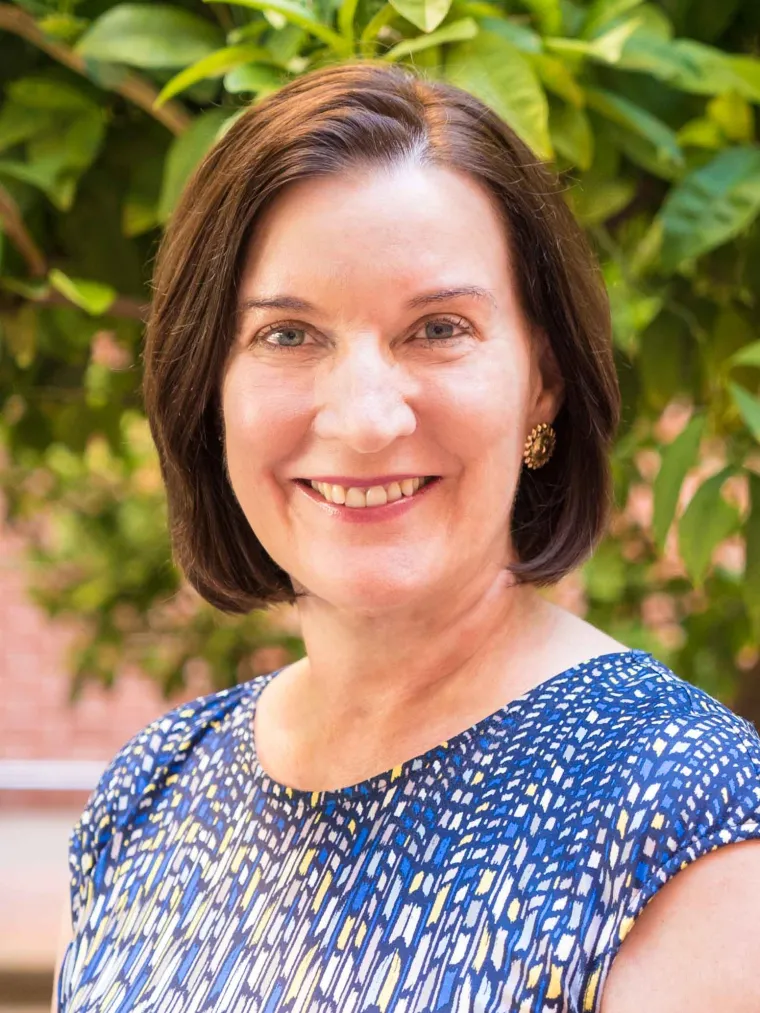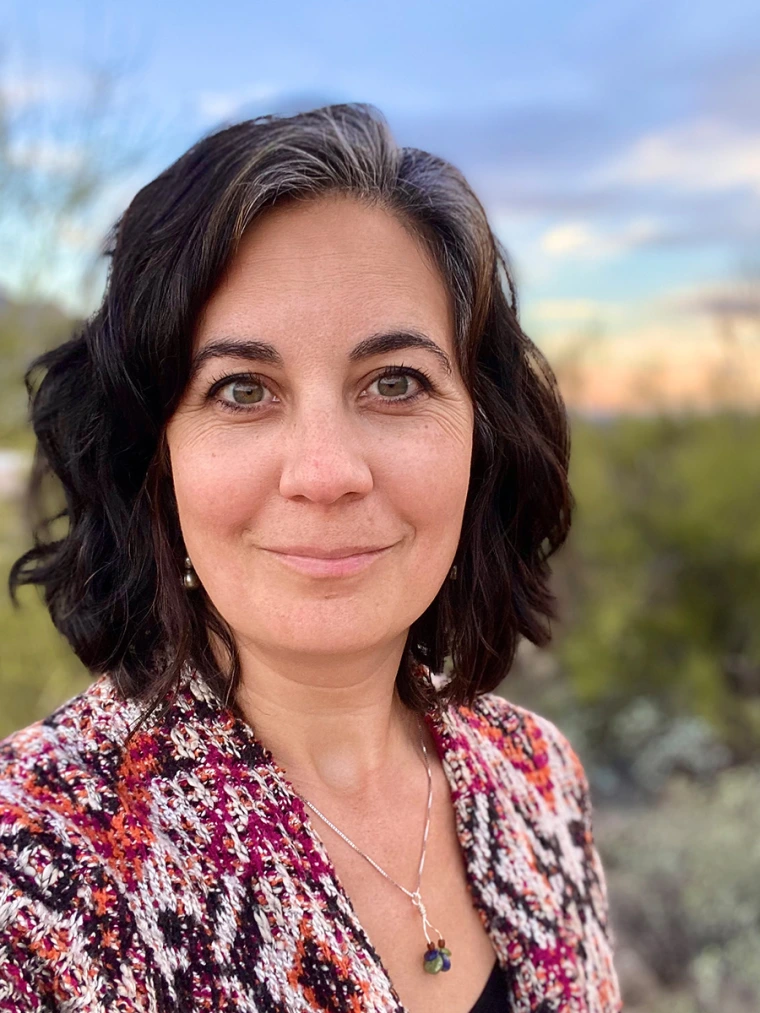Population and
Community Health
outcomes.
Engaging and partnering with populations and communities in a culturally appropriate manner to understand determinants of health and develop interventions to improve health outcomes. Population and community health refers to the overall health and the distribution of health outcomes within and across communities and populations. Research in population and community health outcomes addresses the social determinants of health and health disparities to achieve health.
Within population and community health, our researchers are addressing topics such as cancer survivorship, management of cardiovascular disease, diabetes, pain, substance use, and symptoms, and maternal-child health.
Faculty
Hyochol Brian Ahn

Hyochol Brian Ahn, PhD, APRN, ANP-BC, FAAN, is the Dean of the College of Nursing at the University of Arizona. Previously, he served as the Associate Dean for Research and was the founding director for Brain Science and Symptom Management Center at the Florida State University. Prior to that, he served as the Assistant Dean for Research and held the Isla Carroll Turner Endowed Chair in Gerontological Nursing at the University of Texas Health Science Center.
Dr. Ahn's educational background encompasses diverse fields, including a BE in Electrical Engineering from the University of Seoul, South Korea, an MS in Electrical and Computer Engineering, a BSN/MSN/PhD in Nursing, and an MS in Medical Sciences, all attained from the University of Florida. He combines his expertise in nursing, medicine, and computer engineering, and uses mobile and connected computer technology to optimize delivering home-based nonpharmacological intervention and improve patient-centered outcomes in chronically ill and aging populations, especially among underserved populations.
His research has been continuously funded since 2011, including an NIH/NINR R01 award as PI, and has produced more than 180 peer-reviewed publications and scientific presentations related to healthcare technology, health equity, symptom science, and population health and wellness. His contributions extend beyond academia as he has served on numerous grant review panels for esteemed institutions such as the National Institutes of Health, Department of Defense, and the Department of Veterans Affairs, where he had the privilege of chairing some of these panels. Furthermore, he actively serves on the editorial boards of various esteemed journals, including the Asian/Pacific Island Nursing Journal (APINJ) as the Editor-In-Chief.
As an Advanced Practice Registered Nurse and nationally board-certified Nurse Practitioner recognized by the American Nurses Credentialing Center, Dr. Ahn actively contributes to the development of curriculum in his role. He plays a pivotal part in the restructuring of the curriculum, placing emphasis on problem-solving and team-based approaches. Additionally, he incorporates online learning methods to complement early clinical exposure. Adhering to the guidelines set by the American Association of Colleges of Nursing, Dr. Ahn provides invaluable support to faculty members in adapting educational models and ensuring adherence to accreditation standards as outlined by the Commission on Collegiate Nursing Education. With his Graduate Certificate in Nursing Education, he takes the lead in spearheading the creation of innovative strategies aimed at expanding programs to meet the growing demand for highly skilled nurses. Furthermore, he actively cultivates and nurtures professional partnerships with healthcare and community organizations. Dr. Ahn's dedication to advancing Bachelor of Science in Nursing and gerontological nursing education has been recognized with the esteemed Distinguished Educator Certificate in Gerontological Nursing from the National Hartford Center of Gerontological Nursing Excellence.
Degree(s)
- M.S. Medical Sciences, University of Florida, 2015
- Ph.D. in Nursing , University of Florida, 2012
- M.S.N. Adult and Elderly Nursing, University of Florida, 2009
- B.S.N. , University of Florida, 2007
- M.S. Electrical and Computer Engineering, University of Florida, 2004
- BE Electrical Engineering, University of Seoul, 1997
Terry A Badger
Degree(s)
- Ph.D. Nursing, University of Texas, 1986
- M.S. Nursing, Arizona State University, 1979
- B.S.N. Nursing, Arizona State University, 1975
Aleeca Bell

Degree(s)
- Ph.D. in Nursing Nursing, University of Illinois at Chicago, 2009
- M.S. Nurse-Midwifery, University of Illinois at Chicago, 1998
- A.A.S. Nursing, Prairie State College, 1996
- B.A. Board of Governors, Governors State University, 1996
Xiaochen Chen
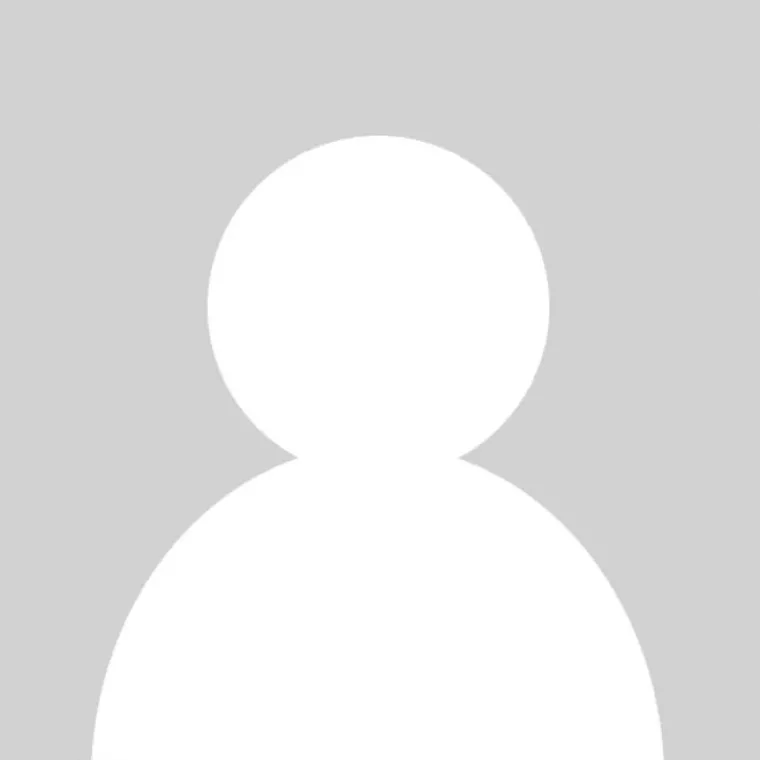
As a Principal Investigator, Dr. Chen has received over $3 million in extramural funding, including a current R01 from the NIH. She has published over 40 peer-reviewed papers. Her research has been cited by scholars from 50 countries and featured in popular media outlets, raising public awareness of dysmenorrhea. Her research has also garnered recognition through invited presentations and requests for consultation nationally and internationally.
In addition to her research, Dr. Chen is a dedicated mentor. She has guided undergraduate Honors students, graduate students, and postdoctoral fellows. Her commitment to teaching and mentoring was recognized with the Indiana University Trustees Teaching Award.
Dr. Chen also contributes to the broader scientific community through her service on several committees. She is a member of the Council for the Advancement of Nursing Science Program Committee, US Association for the Study of Pain Education and Professional Development Committee, and an international task force focused on developing a taxonomy for female pelvic pain.
Dr. Chen received her MS and PhD in Nursing from University of Wisconsin-Madison and her Postdoctoral Fellowship from Indiana University. She is a fellow of American Academy of Nursing.
Degree(s)
- Ph.D. , University of Wisconsin-Madison, 2015
- M.S.N. , University of Wisconsin-Madison, 2012
- M.B.B.S. , Tongji Medical College, 2009
Elise Erickson
Elise Erickson PhD, CNM, FACNM has been a Certified Nurse Midwife since 2005 and earned a PhD in 2018 at Oregon Health and Science University where she served as a faculty midwife from 2014-2022. Her research lab, "Mechanisms Underpinning Maternal Health" (MUMH) www.mumhlab.com, is broadly focused on understanding variation in the physiology governing labor and birth to improve individualization of care practices and promote healthy transitions to motherhood/parenthood. At the University of Arizona she conducts research on epigenetic and genetic variation in oxytocin function for improving the use of oxytocin during the birth process and addressing postpartum hemorrhage specifically.
In addition, her work includes the role of epigenetic aging (biological aging) in maternal health and maternal morbidity. Through this line of study, Social Determinants of Health (SDoH) and social environmental factors (adversity/ support) are considered for their role in contributing to epigenetic age acceleration. In addition, Dr. Erickson conducts studies using wearable devices for monitoring maternal autonomic/ hormonal physiology during pregnancy with the objective of understanding signals leading up to pregnancy complications or events for enhanced prediction of labor or pregnancy-related complications. She specializes in latent mixture modeling for understanding heterogeneous and complex phenomenon. She is accepting doctoral and post-doctoral trainees.
She lives in Tucson and enjoys playing in nature with her children, spouse and dogs Biscuit, Gravie, & Maple.
Degree(s)
- Ph.D. , Oregon Health and Science University, 2018
- M.S.N. Midwifery and Women's Health, University of Illinois Chicago, 2005
- B.S.N. , University of Michigan, 2003
Rina Fox

Degree(s)
- Ph.D. Clinical Psychology, San Diego State University / University of California, San Diego Joint Doctoral Program in Clinical Psychology, 2016
- MPH Public Health (Epidemiology), San Diego State University Graduate School of Public Health, 2014
- B.A. Psychology; Spanish, Tufts University, 2007
Kathleen C Insel

The focus of research is on cognitive function over the lifespan and implications of cognitive function (specifically executive function and working memory) on self-management of chronic disease, or in the case of children, on school achievement. Self-management is often indexed by examining medication adherence. The population of interest is older adults with hypertension and in collaboration with Dr. Ki Moore, children who are diagnosed and treated for acute lymphoblastic leukemia. Findings have implications for self-management challenges in other populations with chronic disease conditions.
I have specific interest and expertise in quantitative research methods.
Degree(s)
- Other Post-doctoral Fellowship in Community Based Interventions, University of Arizona, 2000
- Ph.D. Educational Psychology, University of Arizona, 1993
- M.S. Nursing, University of Rochester, 1976
- B.S.N. Nursing, University of Wisconsin, Madison, 1970
Ashley Anne Lowe

Ashley A. Lowe is an Assistant Professor and Community-Engaged Translational Scientist at the University of Arizona College of Nursing Since 2024. Her research focuses on the implementation and evaluation of public health interventions, with a particular emphasis on pediatric asthma management and school-based health systems. As the Program Director of the Stock Inhaler for Schools Program, she leads a statewide initiative that ensures access to rescue medications for over 850 schools across Arizona. This program, the longest consecutively funded school-based research initiative in the United States, serves as a model for translating evidence-based practices into real-world settings. Over the past eight years, she has trained thousands of school nurses and staff in medication administration and intervention strategies, significantly improving asthma management and health outcomes in schools. Her expertise in implementation science and dissemination (D&I) methods drives her work in advancing scalable and sustainable health interventions. Her publication record in peer-reviewed journals highlights her contributions to the field, and she actively mentors graduate students across public health, medicine, and nursing disciplines. An active member of the American Thoracic Society, she collaborates with local, state, and national organizations to drive impactful, community-focused research initiatives.
Degree(s)
- Ph.D. Health Behavior, Unive, 2021
- M.S. Health Behavior, Unive, 2018
Julio C Loya
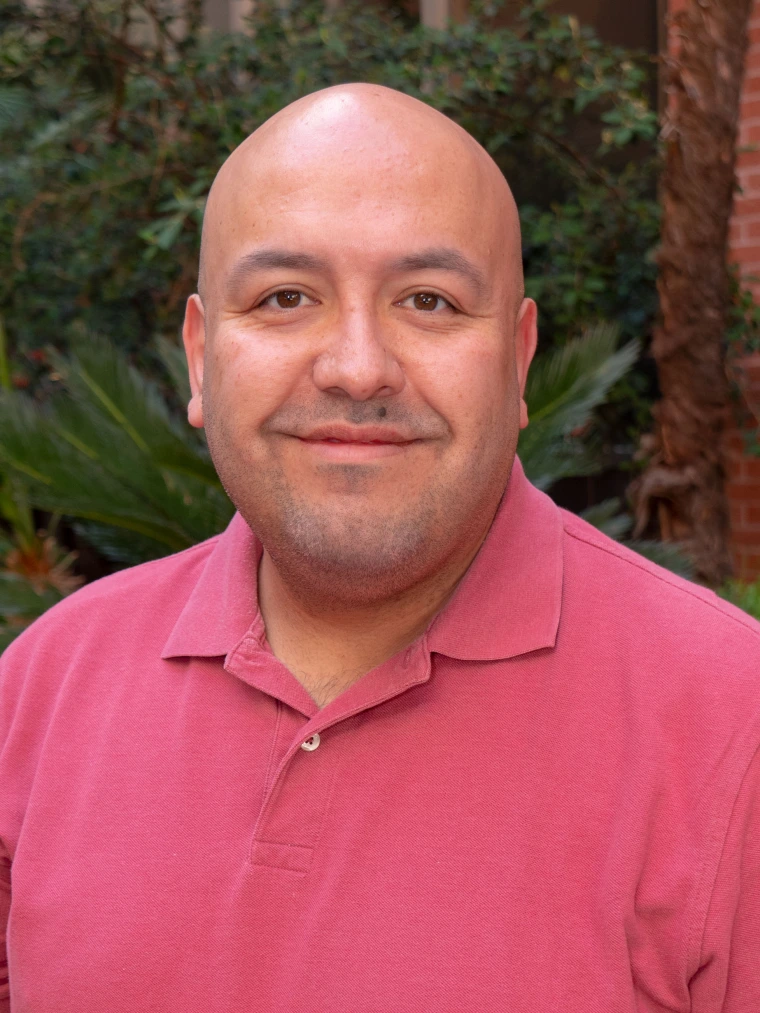
Degree(s)
- Ph.D. in Nursing , University of Missouri, 2021
- Graduate Certificate Participatory Health Research, University of Missouri, 2018
- Graduate Certificate Public Health, University of Missouri, 2016
- B.S.N. , Northern Arizona University, 2010
- A.A.S. Nursing, Cochise Community College, 2004
- B.S. General Biology, University of Arizona, 2002
Juyoung Park

Juyoung Park, PhD
Professor, Nursing
Professor, BIO5 Institute
Dr. Juyoung Park is a Professor and Associate Director of the Brain Digital Technology Laboratory within the College of Nursing. She earned her PhD in 2009 from the University of Maryland, Baltimore. Prior to joining her current institution, she served as a Professor and Chair of the Healthy Aging Academy at Florida Atlantic University's School of Social Work. Before pursuing her doctoral studies, she worked as a clinical social worker at the South Carolina Department of Mental Health.
Dr. Park’s expertise lies in chronic pain and nonpharmacological pain management for older adults with chronic conditions, including Alzheimer’s disease and related dementias (ADRD). Her research also explores technology-based interventions for remotely supervised home-based care for older adults with chronic conditions and their caregivers.
She was honored as a Hartford Faculty Scholar in 2011 and received funding from the John A. Hartford Foundation (2011-2013) for research work on nonpharmacological pain management among racially and ethnically diverse older adults. She was recognized in the U.S. Bone & Joint Initiative’s Young Investigators Initiative Program in 2014. Since 2017, she has been a Fellow of the Gerontological Society of America (GSA) in the Health Sciences Section.
Dr. Park’s current research interests focus on remotely supervised home-based brain stimulation approaches, including transcranial direct current stimulation (tDCS) and nonpharmacological pain management for older adults with chronic conditions, including Alzheimer’s disease, related dementias, and osteoarthritis. Her work also explores brain stimulation approaches, such as tDCS and diverse therapeutic designs, including complementary and mind-body alternative medicine techniques such as online chair yoga and qigong.
As a Principal Investigator (PI) or Co-Principal Investigator (Co-PI) on several intramural, foundation, and NIH-funded grants (National Institute on Aging and National Center for Complementary Integrative Health), Dr. Park has led projects involving human subject protection, data safety and management, and budget oversight. She has authored numerous peer-reviewed publications and has presented her research extensively at national and international conferences.
Degree(s)
- Ph.D. Social Work, University of Maryland, Baltimore, 2009
- M.S.W. Social Work, University of South Carolina, 2001
- B.A. Interdisciplinary Studies, University of South Carolina, 1999
Meghan Brianna Skiba

Dr. Meghan Skiba is an Assistant Professor in the College of Nursing at the University of Arizona. She received her doctorate in Health Behavior Health Promotion from the Mel & Enid Zuckerman College of Public Health, has additional formal graduate training in epidemiology and nutritional sciences, and completed post-doctoral training at Oregon Health & Science University. Dr. Skiba has experience delivering remote diet and physical activity interventions as well as health coaching, accelerometry, community-engaged research, and advanced data analytics. Her research has emphasis in biological aging, digital health, and dyads. She is interested in addressing cancer health disparities by connecting cancer survivors and their caregivers to the skills and behaviors to live their healthiest and longest life.
Degree(s)
- MPH Epidemiology, University of Arizona Mel and Enid Zuckerman College of Public Health, 2020
- Ph.D. Health Behavior Health Promotion, University of Arizona Mel and Enid Zuckerman College of Public Health, 2020
- Dietetic Internship Medical Nutrition Therapy, University of Houston, 2016
- Graduate Certificate College Teaching, University of Arizona, 2016
- M.S. Nutritional Sciences, University of Arizona, 2016
- B.S. Nutritional Sciences and Dietetics, University of Arizona, 2012
Ruth E Taylor-Piliae
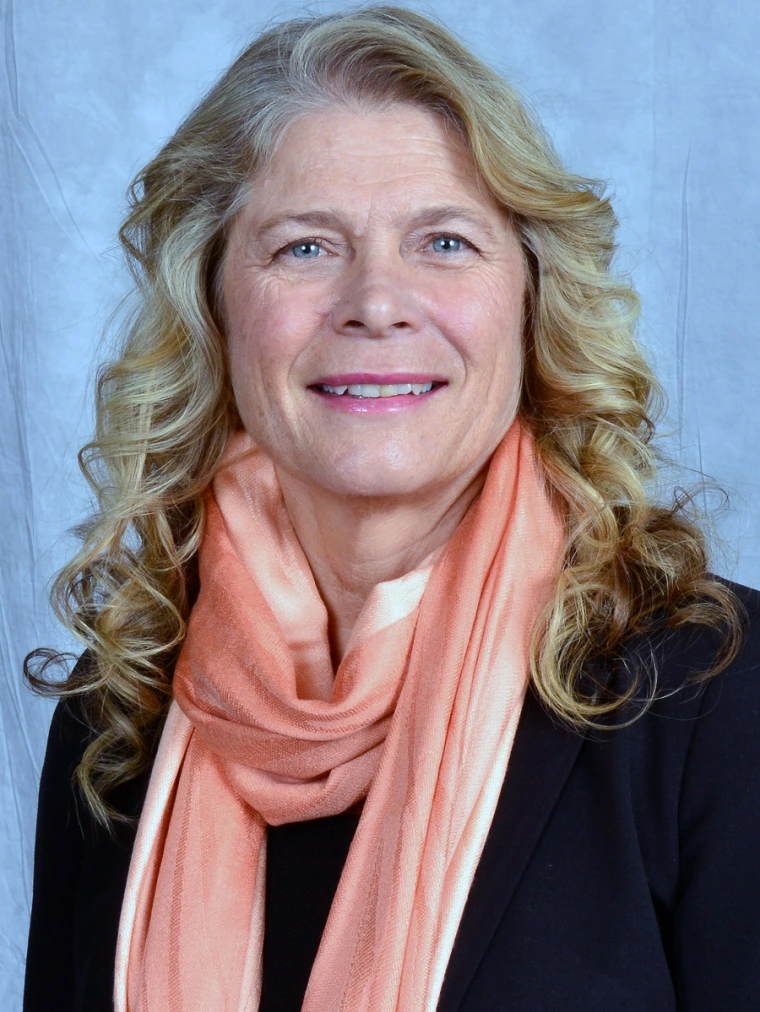
Ruth Taylor-Piliae, PhD, RN, FAHA, FAAN is a Professor and the PhD Program Director (interim) in the College of Nursing at the University of Arizona. She is recognized internationally as a nurse scientist and mind-body exercise interventionist, with training in cardiovascular epidemiology and clinical trials. Her research is focused on promoting physical activity and improving patient-centered outcomes among older adults with heart disease and stroke through the implementation of innovative non-pharmacologic interventions such as Tai Chi. Her passion to improve the lives of those with cardiovascular disease and stroke also translates to real world impact, as evident by widespread and continued media interest in her research. In a recent Bibliometric Evaluation of Global Tai Chi Research from 1980–2020 (International Journal of Environmental Research and Public Health, 2021), Dr. Taylor-Piliae was ranked 6th among the top 10 authors during this time. Dr. Taylor-Piliae received her B.S.N. from California State University Fresno, her M.N. from the Chinese University of Hong Kong, and her Ph.D. from the University of California San Francisco. She completed a 2-year post-doctoral fellowship in cardiovascular epidemiology and prevention at Stanford University. Dr. Taylor-Piliae has received funding as a principal investigator from the American Heart Association/American Stroke Association, Hospital Authority of Hong Kong, National Institute of Health, and the Robert Wood Johnson Foundation. She reviews for professional journals and has had over 90 peer-reviewed manuscripts published in top-tiered journals both within nursing and inter-professional journals. She is highly cited for her work (citations>5500, h-index=38, i10-index=65). Dr. Taylor-Piliae is a long-standing member in the American Heart Association/American Stroke Association, European Society of Cardiology, Sigma Theta Tau’s International Honor Society of Nursing, and the American Academy of Nursing. She has received several teaching, research and service awards including the Teaching Excellence Award in the PhD Program, Suzanne Van Ort Peer Award for Graduate Teaching, the Extraordinary Faculty Award, the Distinguished Alumni Award from the Chinese University of Hong Kong, the Mathy Mezey Excellence in Aging Award from the American Heart Association/American Stroke Association’s Cardiovascular and Stroke Nursing Council, and the Award of Distinction for Excellence in Research from Sigma Theta Tau International, Beta Mu Chapter.
Degree(s)
- Ph.D. Nursing, University of California San Francisco, 2005
- M.S.N. Nursing, The Chinese University of Hong Kong, 1998
- B.S.N. Nursing, California State University, Fresno, 1980
Shu Fen Wung

Dr. Wung is a Professor at the College of Nursing and BIO5 Institute, Director of Translational Health Sciences for the Center to Stream Health in Place (C2SHIP), and an acute care nurse practitioner. She has more than 25 years of clinical research experience in the effective and safe use of health technologies and big data to provide precision monitoring strategies for cardiovascular and acute illnesses. Dr. Wung received her M.S. (Cardiovascular Clinical Specialist), Post-M.S. (Acute Care Nurse Practitioner), and Ph.D. in Nursing from the University of California San Francisco. Dr. Wung is a fellow of the Summer Genetic Institute at the National Institutes of Health. Dr. Wung has received funding as the principal investigator from the National Institutes of Health, National Science Foundation, and professional associations, including the Sigma Theta Tau International Honor Society for Nursing, Emergency Nurses Association Foundation, American Association of Critical Care Nurses, and Oncology Nursing Society Foundation. She has published over 50 peer-reviewed manuscripts in nursing and inter-disciplinary journals, 4 book chapters, and over 160 local/regional, national, and international presentations.
For more biography and research profile, please visit https://wung.faculty.arizona.edu/
Degree(s)
- Ph.D. Nursing, University of California San Francisco, 1999
- M.S. Nursing, University of California San Francisco, 1995


